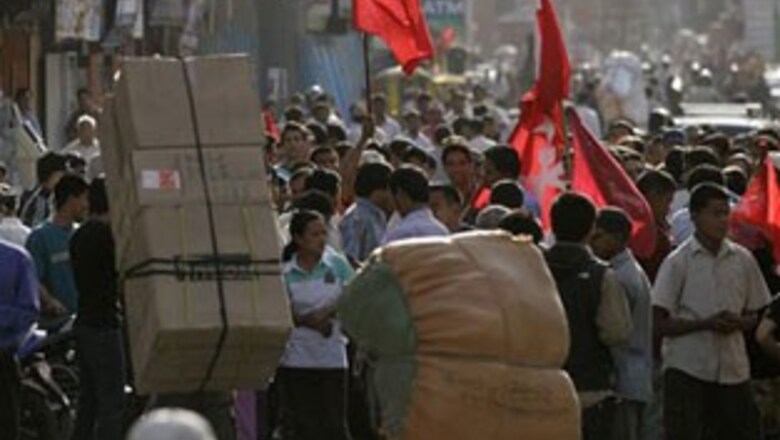
views
Kathmandu: Riot police beat back hundreds of women from Nepal's Maoist party who protested on Thursday in front of the President's house to demand that he fire the country's army chief.
Nepal's Prime Minister Pushpa Kamal Dahal, also known as Prachanda — leader of the Maoist rebels who laid down arms three years ago — sparked a national crisis on Monday when he resigned and pulled his party from the ruling coalition in protest over the army chief's failure to integrate his fighters into the military.
Some 500 protesters from the women's wing of the Dahal party marched on President Ram Baran Yadav's residence on Thursday, chanting slogans while police used bamboo batons to beat back activists who tried to break through a cordon. Some of the women were lightly injured.
Separately, about 1,000 Maoist supporters marched in the center of Kathmandu demanding Yadav's resignation. Waving their signature red flags, the protesters called Yadav a traitor. The march was peaceful but police kept close watch on the demonstration.
Maoist supporters are angry that Yadav overruled Dahal on Sunday when the former prime minister tried to fire army chief Rookmangud Katawal.
The tussle between the prime minister and president has shattered the Himalayan country's fragile stability — achieved after Maoist guerrillas ended their 10-year insurgency, laying down their arms and joining a political peace process.
As part of that process, former rebels were supposed to be integrated into the national army, but many are still confined to their UN monitored barracks.
Dahal, a former insurgent leader, blamed the army chief for the continued sequestering of his fighters. He announced on Wednesday that his party would only join a new government if the Nepal President supported the firing of Katawal.
Dahal's party is the largest in the Nepal Parliament, but it does not have a clear majority to rule. The president belongs to the second-largest, the Nepali Congress party.
Nepal's political parties were still trying to agree on a new coalition government. The Communist Party of Nepal (United Marxist Leninist), which is likely to lead the new government, said it preferred the inclusion of the Maoists.
"If we are going to form the government of national unity, then the Maoists should also be part of the government," senior party leader Madhav Kumar Nepal told The Associated Press in an interview.
"If the Maoists want to stay out and be the opposition playing a responsible role then it is also all right, but they have to be cooperate and they should be positive and not create any obstacles," said Kumar Nepal, who is the strongest candidate for the next prime minister.
Kumar Nepal's party and the Maoists form two different communist parties.
The Maoists have warned they will continue to demonstrate in the streets and in parliament to block a new prime minister from being voted in. They have stayed away from crisis talks attempting to form a new coalition government.
The Maoists fought a bloody 10-year war before laying down their guns in 2006. They won the most votes during parliamentary elections last year and then abolished the centuries-old monarchy.










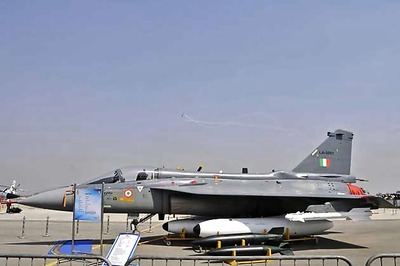

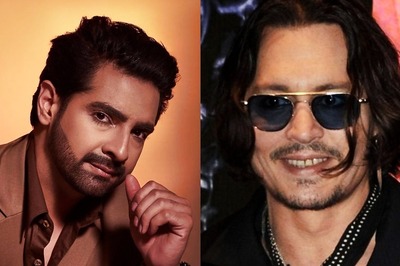
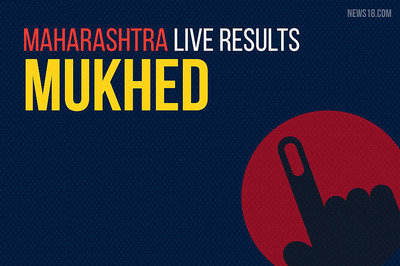

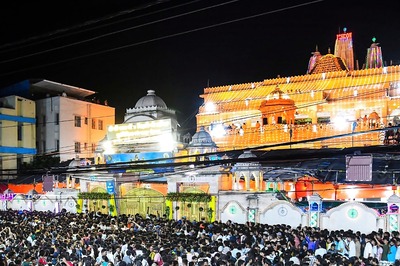
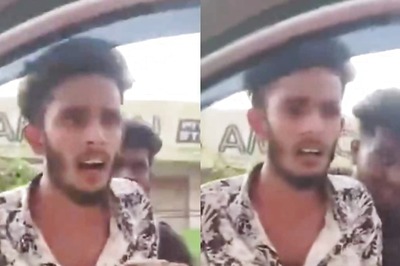

Comments
0 comment